Aluminium vs uPVC windows
When it comes to windows, there are several options to choose from, including UPVC (unplasticized polyvinyl chloride) and aluminium frames. Both materials have their pros and cons, and the decision on which to choose will depend on your needs, budget, and preferences. In this article, we'll explore the differences between UPVC and aluminium windows to help you make an informed decision.
Appearance
One of the most noticeable differences between UPVC and aluminium windows is their appearance. UPVC windows are generally white, although they can also be found in other colors such as black, grey, and brown. They have a smooth finish and a plastic-like appearance. On the other hand, aluminium windows are available in a wider range of colors and finishes, including metallic, matte, and gloss finishes. They have a sleek, modern appearance that many homeowners find appealing.Durability
Both UPVC and aluminium windows are durable, but they have different strengths. UPVC windows are resistant to weathering and don't rust or corrode. They are also resistant to termites and other pests. However, they can warp or bend under extreme heat or cold. Aluminium windows, on the other hand, are very strong and are resistant to impact, fire, and corrosion. They can withstand extreme temperatures without warping or bending.Maintenance
Both UPVC and aluminium windows are relatively low maintenance. UPVC windows can be easily cleaned with soap and water and require no painting or sealing. Aluminium windows also require minimal maintenance, although they may need occasional lubrication of the hinges and locks. Aluminium frames can also be painted to match any color scheme, although this is not necessary for maintenance purposes.Energy Efficiency
When it comes to energy efficiency, UPVC windows are often the preferred choice. UPVC is a good insulator and can help to reduce energy costs by keeping heat in during the winter and out during the summer. Aluminium windows are not as effective at insulating and can conduct heat, which can result in higher energy bills. However, newer aluminium frames with thermal breaks can provide better insulation.Cost
UPVC windows are generally less expensive than aluminium windows. This is because UPVC is a cheaper material, and the manufacturing process is less complicated. Aluminium windows are more expensive due to the cost of the raw material and the manufacturing process. However, the cost of both materials can vary depending on factors such as size, style, and glazing options.Security
Both UPVC and aluminium windows can provide good security, but aluminium frames are generally stronger and more secure. Aluminium is a harder material than UPVC, making it more difficult to break into. Aluminium frames can also be fitted with multipoint locking systems for added security. UPVC windows can also be secure with good locking mechanisms, but they are generally considered to be less secure than aluminium windows.
In conclusion, both UPVC and aluminium windows have their pros and cons, and the decision on which to choose will depend on your specific needs and preferences. UPVC windows are more affordable, easier to maintain, and more energy-efficient, while aluminium windows are stronger, more durable, and provide better security. Ultimately, the choice between the two materials will depend on your budget, the style of your home, and your priorities.


